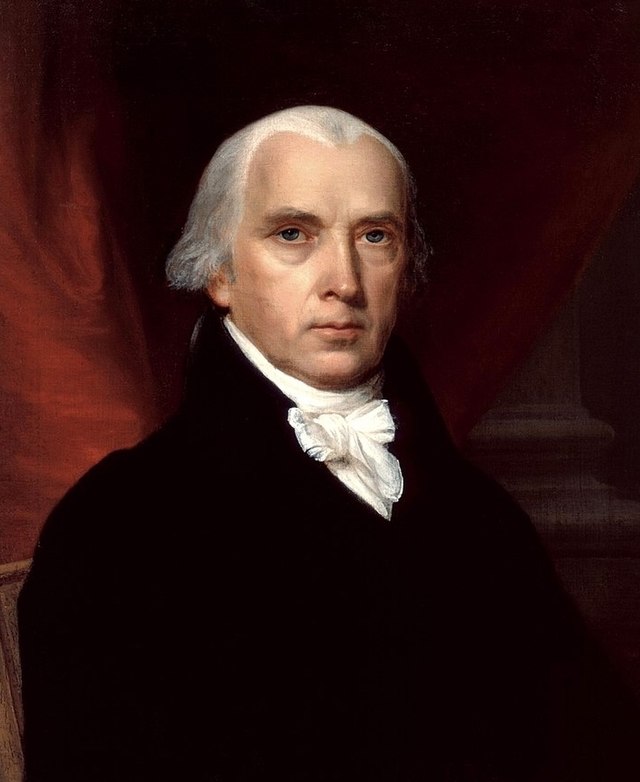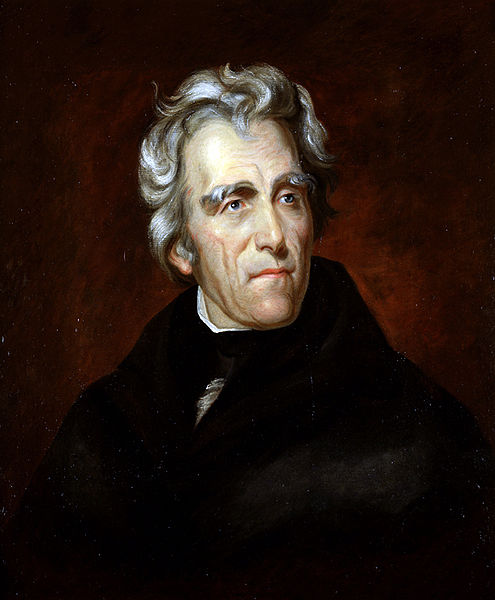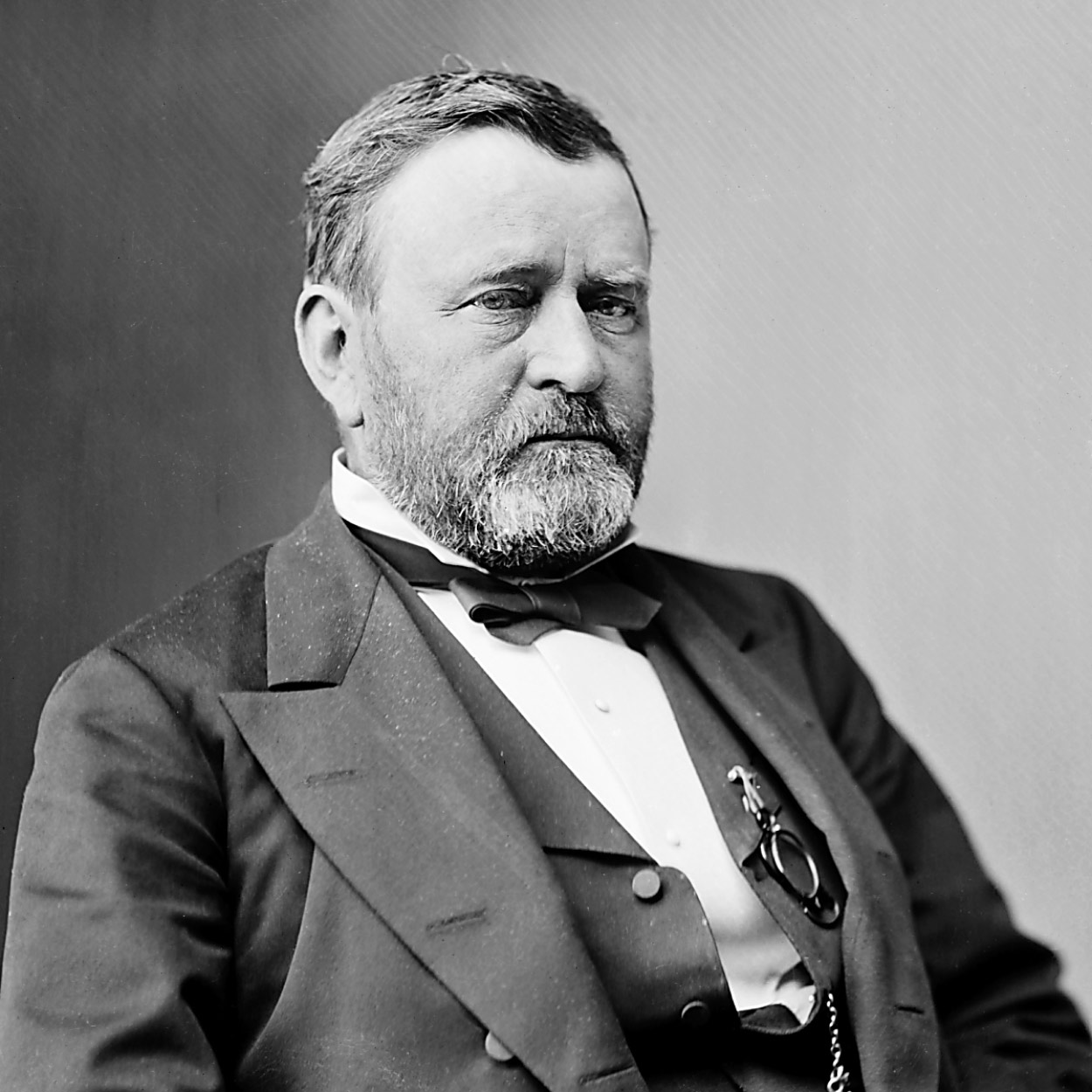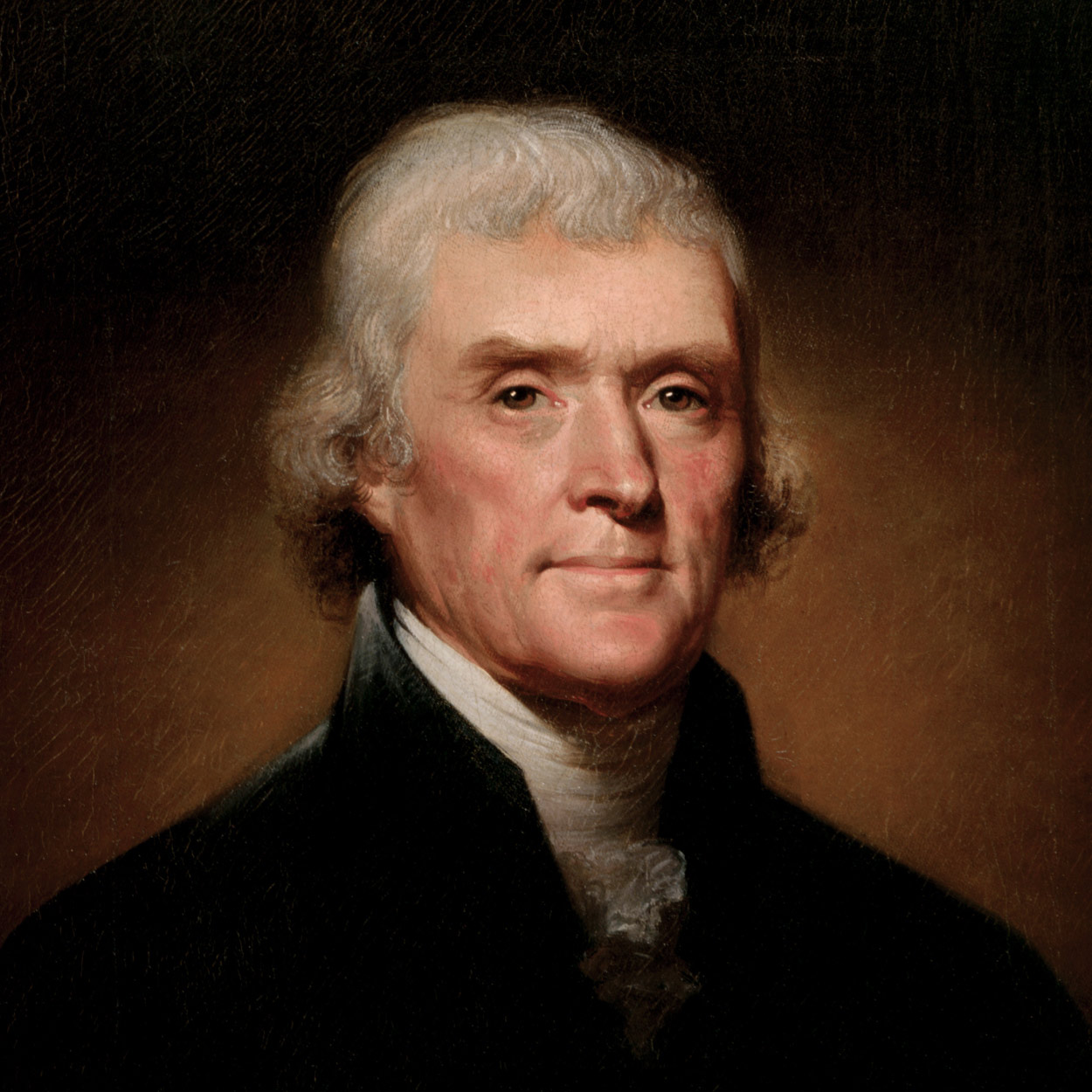The brutal journey of enslaved Africans across the Atlantic to the Americas, resulting in high mortality rates and immense suffering, ultimately fueling the growth of the slave trade.
The Middle Passage
Characterized by the Economic differences between North, South and West, Tariffs and states' rights, and the impact of those on national unity.
Sectionalism
Consolidated immense power in the hands of a few industrialists. This concentration of economic influence sparked debates about the balance between free enterprise and regulation, leading to significant legislative and legal developments.
Trusts & Monopolies
Characterized by the War of 1812, the burning of Washington, D.C., and the Treaty of Ghent.- also the "Father of the Constitution"
James Madison
Ratified in 1920, granted women the right to vote in the United States. This marked a significant milestone in the women's suffrage movement and expanded democratic participation.
19th Amendment
British policy of lax enforcement of trade regulations on the colonies, leading to a degree of autonomy and economic growth in the colonies.
Salutary Neglect
Name two (2) major weaknesses of the Articles of Confederation.
Inability to raise taxes
Inability to raise a national militia
Unanimous vote across states to make changes
No Executive Branch
No National Currency
No National Court System
Investigative journalists and writers during the Progressive Era who exposed social, political, and economic issues, aiming to bring about reform. Their work often involved exposing corruption, inequality, and injustices in society.
Muckrakers
Characterized by the establishment of the federal government, formation of the first cabinet, and ratification of the Bill of Rights.
George Washington
Legislation that allowed settlers in Kansas and Nebraska to decide the issue of slavery through popular sovereignty.
Kansas-Nebraska Act
Marked the end of the French & Indian War and resulted in significant territorial gains for Britain in North America, but also fueled tensions with Native American tribes and colonial dissatisfaction with British policies.
**Remember your dates!!
1763 Treaty of Paris
Why was the Bill of Rights created?
To support Anti-Federalists in ratifying the U.S. Constitution- guaranteed rights the government cannot infringe on.
A landmark U.S. Supreme Court case (1896) that upheld the constitutionality of racial segregation under the "separate but equal" doctrine. This decision had a significant impact on racial segregation laws and civil rights in the United States.
Plessy v. Ferguson
Characterized by the Nullification Crisis, Indian Removal Act, and Universal male suffrage
Andrew Jackson
A series of punitive measures imposed on Massachusetts in response to the Boston Tea Party. The colonists responded with outrage, leading to increased unity and resistance against British authority.
Intolerable Acts
Why was Thomas Paine's Common Sense important?
It encouraged colonists to join the American Revolution.
Characterized by Lincoln's victory, secession of Southern states, and is considered a prelude to the Civil War.
Election of 1860
An addition to the Monroe Doctrine articulated by President Theodore Roosevelt. It asserted the right of the United States to intervene in the affairs of Latin American countries to maintain stability and prevent European powers from intervening.
Roosevelt Corollary
Characterized by the end of Reconstruction, the ratification of the 15th Amendment, and famous Civil War general
Ulysses S. Grant 
How did the Constitution address representation?
By creating a bicameral legislature with representation based on population (House) and equal representation per state (Senate).
What was the impact of the Treaty of Paris 1783?
Declared America an independent country from the Atlantic Ocean to the Mississippi River
Radical Republican agenda for readmitting former Confederate states.- required an oath of nationalism and more than 50% of the population to agree for readmittance
Congressional Reconstruction
What were the reasons for the creation of the Panama Canal?
Quicker travel time- crucial for US trade and naval military mobility
Characterized by the Louisiana Purchase and Louis & Clarke expediation, doubling the size of the United States.
Thomas Jefferson 
After the Articles of Confederation proved to have limitations, the founders met at at this convention. The Great Compromise resolved disputes over representation in Congress by creating a bicameral legislature and the Three-Fifths Compromise addressed the issue of slave representation, shaping the structure of the new government.
The Constitutional Convention